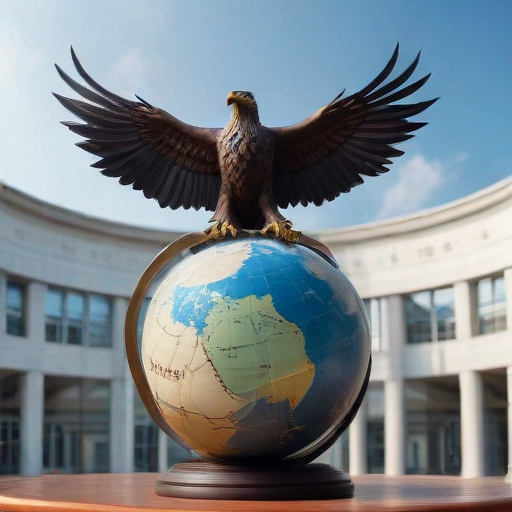In preparation for a potential second term, President-elect Donald Trump has begun announcing appointments to his Cabinet, starting with Rep. Michael Waltz from Florida, who will serve as his national security adviser. The announcement was made on Truth Social, where Trump praised Waltz for his commitment to the “America First Foreign Policy Agenda” and identified him as a significant asset in striving for “Peace through Strength.”
As national security adviser, a crucial role that does not require Senate confirmation, Waltz will provide vital support in shaping foreign and national security policy decisions. He is a veteran of the U.S. Army and has extensive experience, including multiple combat tours in Afghanistan, the Middle East, and Africa. Waltz was elected to Congress in 2018, taking over the seat previously held by Ron DeSantis, who is now the governor of Florida.
Waltz has garnered attention for his hawkish stance on China and is a member of the House China Task Force, which focuses on addressing the influence of the Chinese Communist Party. He has also expressed caution regarding the delivery of additional aid to Ukraine amidst the ongoing conflict with Russia, advocating for negotiating leverage over both nations.
With nearly thirty years of military service and several roles at the Pentagon and White House prior to his congressional career, including as defense policy director for Secretaries Rumsfeld and Gates, Waltz brings a wealth of experience to the role. His wife, Julia Nesheiwat, also has a connection to the Trump administration, having served as a Homeland Security adviser.
Trump’s choice of Waltz comes after having appointed three national security advisers during his first term—H.R. McMaster, John Bolton, and Robert O’Brien—indicating a potential strategy of steadying the ship with a seasoned ally in yet another critical position.
This Cabinet formation process signals Trump’s intent to reinforce his foreign policy focus while potentially stabilizing relations and strategies regarding both China and the geopolitical landscape surrounding Ukraine. As Trump moves forward, the focus will likely remain on how these appointments can impact international relations and national security as the nation navigates complex global challenges.
